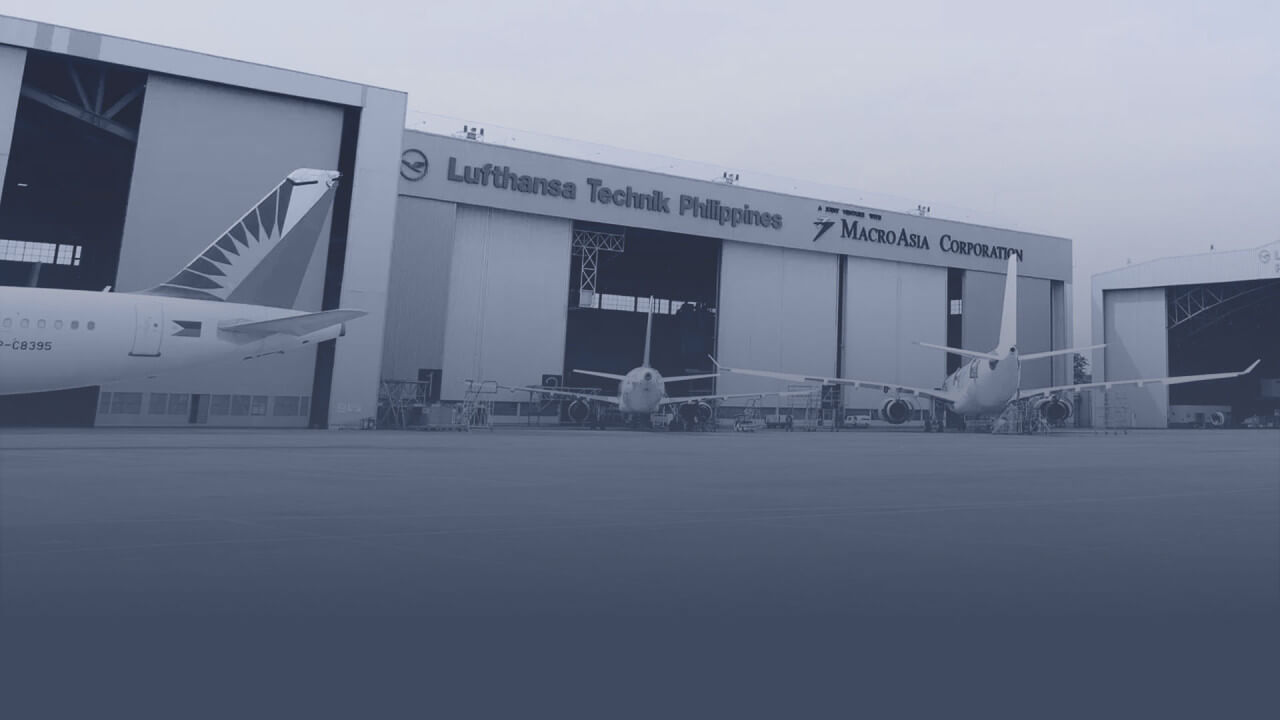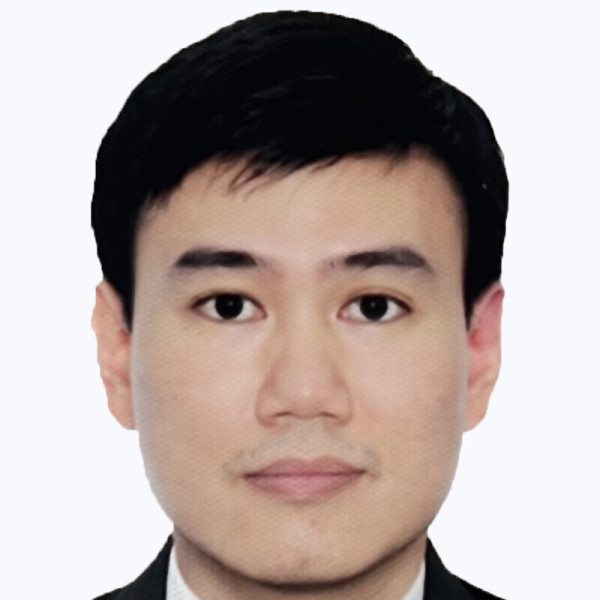

The venture, backed by taipan Lucio Tan and Germany’s Lufthansa Group, said it was anticipating an increase in lease rates when the contract expires at the end of August this year, but raised concerns it may not be able to fully pass these on to airline clients.
LTP, including joint venture partner MacroAsia Corp., led by the Tan family, is “actively engaging with authorities to negotiate the terms of the ecozone renewal, ensuring continued operational viability and competitiveness,” MacroAsia said in a stock exchange filing released on Friday.
What does LTP do?
The company operates a 22.6-hectare MRO facility, serving a wide range of domestic and international carriers with base and line maintenance for major aircraft types such as the A320, A330, A380, and Boeing 777.
It employs over 3,000 highly skilled Filipino workers, who provide services such as major repairs, cabin retrofits, and lease return checks.
The company’s facility has five aircraft hangars capable of servicing up to six widebody and three narrowbody planes.
It also has nine apron parking slots.
Why are lease rates going up?
The San Miguel Corp.-backed consortium that took over NAIA operations last September is updating lease rates that have remained unchanged since Sept. 1, 2000.
LTP has been paying P14.6 million per month, or about P65 per square meter. Under the new rates, the lease will rise to P710 per square meter, or roughly P160.4 million monthly.
The current 25-year lease will expire at the end of August 2025.
Can airline clients absorb the cost?
LTP competes with regional MRO providers offering competitive rates. It also serves international airlines that don’t operate in the Philippines and won’t directly benefit from NAIA’s capacity upgrades.
“While LTP may pass on these costs to its airline [maintenance, repair and overhaul] clients, excessive lease hikes could impact some of its customers—particularly airlines that do not operate in the Philippines, as they would not directly benefit from capacity improvements at NAIA,” LTP said in its annual report.
LTP is a profitable, major earnings contributor to MacroAsia
In 2024, MacroAsia’s share for its 49 percent stake in LTP amounted to P585.2 million, which was modestly higher than the previous year.
This also accounted for about 40 percent of MacroAsia’s earnings last year.
The rest of LTP is owned by Germany’s Lufthansa Technik AG.
What’s next?
LTP still sees the Philippines’ geographic location as a key advantage, being within a four-hour flight radius of major international hubs like Hong Kong and Singapore.
For its part, the Philippine government is studying ways to convince LTP to keep operations in Manila, the Philippine Star reported.
It indicated plans in its annual report to expand to Clark given space limitations in NAIA.
“Meanwhile, with the growing demand for MRO services, LTP is exploring expansion opportunities in Clark, Pampanga, as the MacroAsia ecozone in Manila is fully developed and space-constrained,” MacroAsia said in its annual report.
“This strategic move would allow LTP to accommodate increasing maintenance requirements beyond NAIA,” it added.

Miguel R. Camus has been a reporter covering various domestic business topics since 2009.